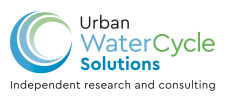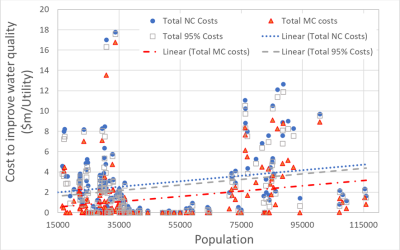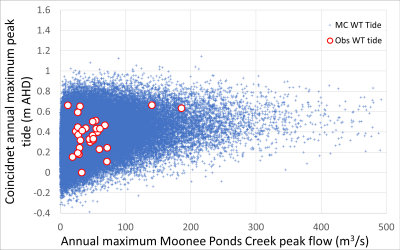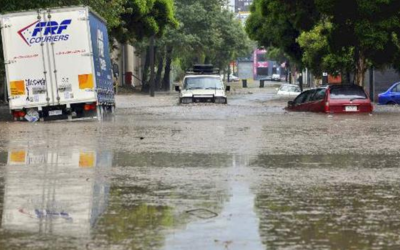The new economy, rainwater harvesting, stormwater management and multi-scale benefits across the city
Level 2, Adelaide Town Hall, 128 King William Street
Adelaide
Water Sensitive SA, in association with Rainwater Harvesting Association of Australia, invite you to join a discussion with Professor Peter Coombes who will challenge our thinking about the potential of rainwater and stormwater harvesting to deliver whole of society and system benefits via distributed solutions. We will also explore the myths associated with rainwater harvesting and reuse, and introduce the new Rainwater Harvesting Design Specification. The Planning, Development and Infrastructure Act 2016 together with Living Adelaide the 30 Year Plan Review, offers the best opportunity in more than 20 years to enable stormwater to support a Living Adelaide. Practical tools currently being developed to support industry to maximise the benefits of stormwater harvesting at the allotment scale will be showcased.
Topics
- Stormwater, waterway benefits and water resources benefits of water conservation measures for Australian cities – Professor Peter Coombes, Managing Director, Urban Water Cycle Solutions
- Rainwater harvesting, lets clear up the misunderstandings and talk about the Rainwater Harvesting Design Specification – Michael Smit, Executive Director, Rainwater Harvesting Association of Australia
- An on-line stormwater assessment tool for small-scale development – delivering the 30-year plan’s vision of a Living Adelaide – Mellissa Bradley, Program Manager, Water Sensitive SA







